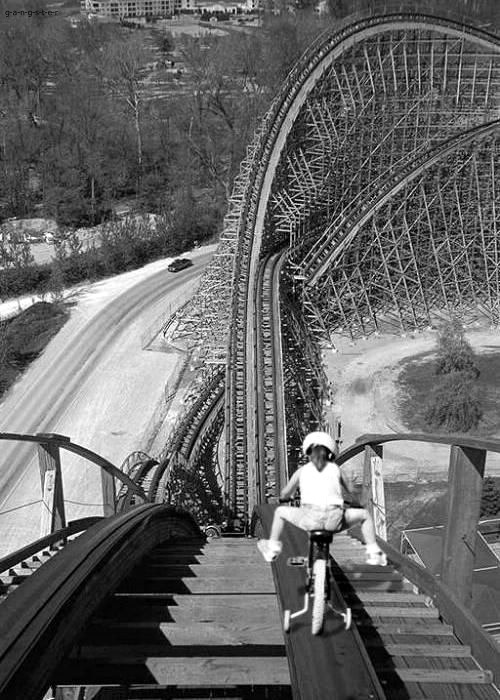
This year, by default, I’ve been head of library at Melbourne High School. At no point have I desired this position, and I’m happy to say that we have a wonderful head of library all set to go next year, Pam Saunders, who is currently head of library at Princes Hill. However, despite the trials and tribulations of being default head, I have to admit that I’m grateful for the new experiences which I would never have deliberately chosen but appreciate retrospectively.
I came across this paragraph about a particular style of leadership which describes the my style perfectly – only I didn’t know it was a style; I was just following my gut feeling –
In teams one of the more effective styles of leadership is the participative style. This style of leader seeks to work with team members and encourages collaboration. The participative leader consults and looks for consensus when making decisions. This style of leadership welcomes suggestions from the team and does not respond by merely paying these suggestions lip service but genuinely considers how these suggestions can be used.
In terms of the participative style of leadership, I’m glad I went with my gut feeling and amazed by the diverse talents of my team. You really don’t know the extent of what people are capable of until you trust them (and thus empower them) to take responsibility for their areas of expertise. I think it may have taken a bit longer for them to trust me, and the time is takes for each person can’t be rushed. At this point, despite the dramas we’re experiencing every day in the midst of our refurbishment and changes to stocktake since we’ve adopted RFID, I’m feeling quietly happy knowing that we’ve had an awesome year, and that so much good has happened as a result of our collaborative efforts.
Next year I hope to focus more deeply on a meaningful use of social media in student learning. I’m also keen to develop my research skills to a stage where I feel qualified to prepare our students for university. I’m in two minds about whether I should contact research librarians at universities or Masters students who would have deep knowledge of the research process. Any suggestions will be greatly appreciated.

